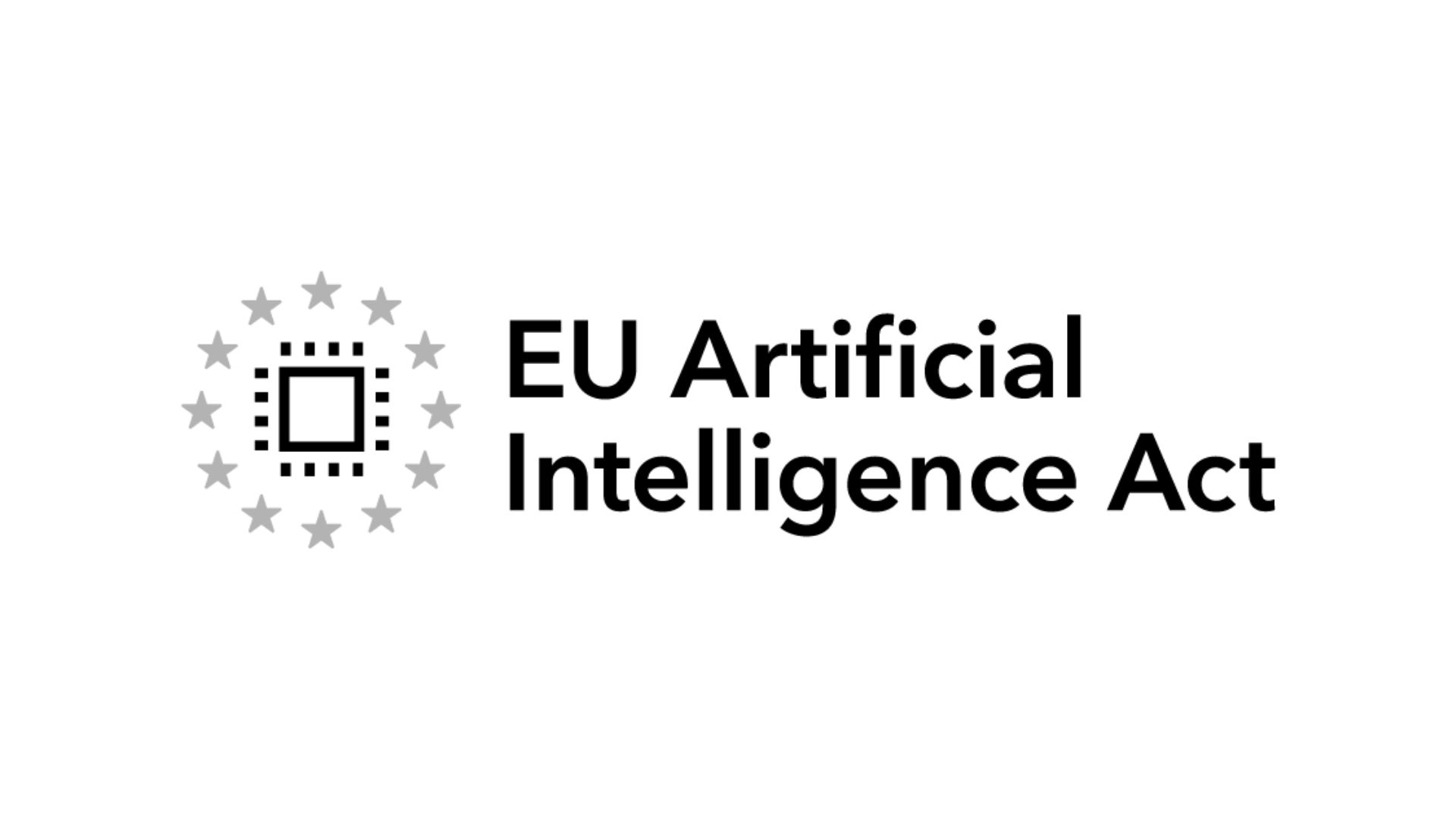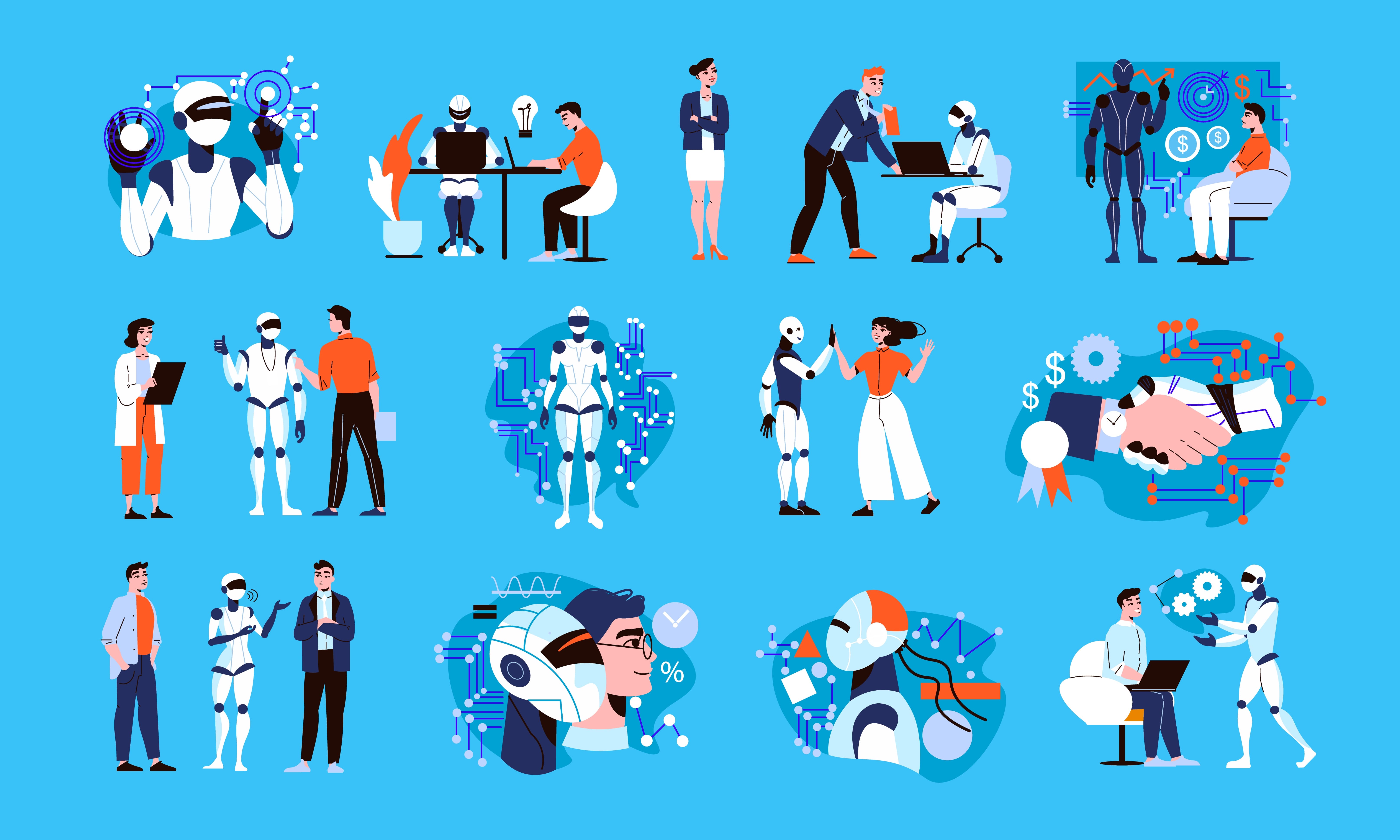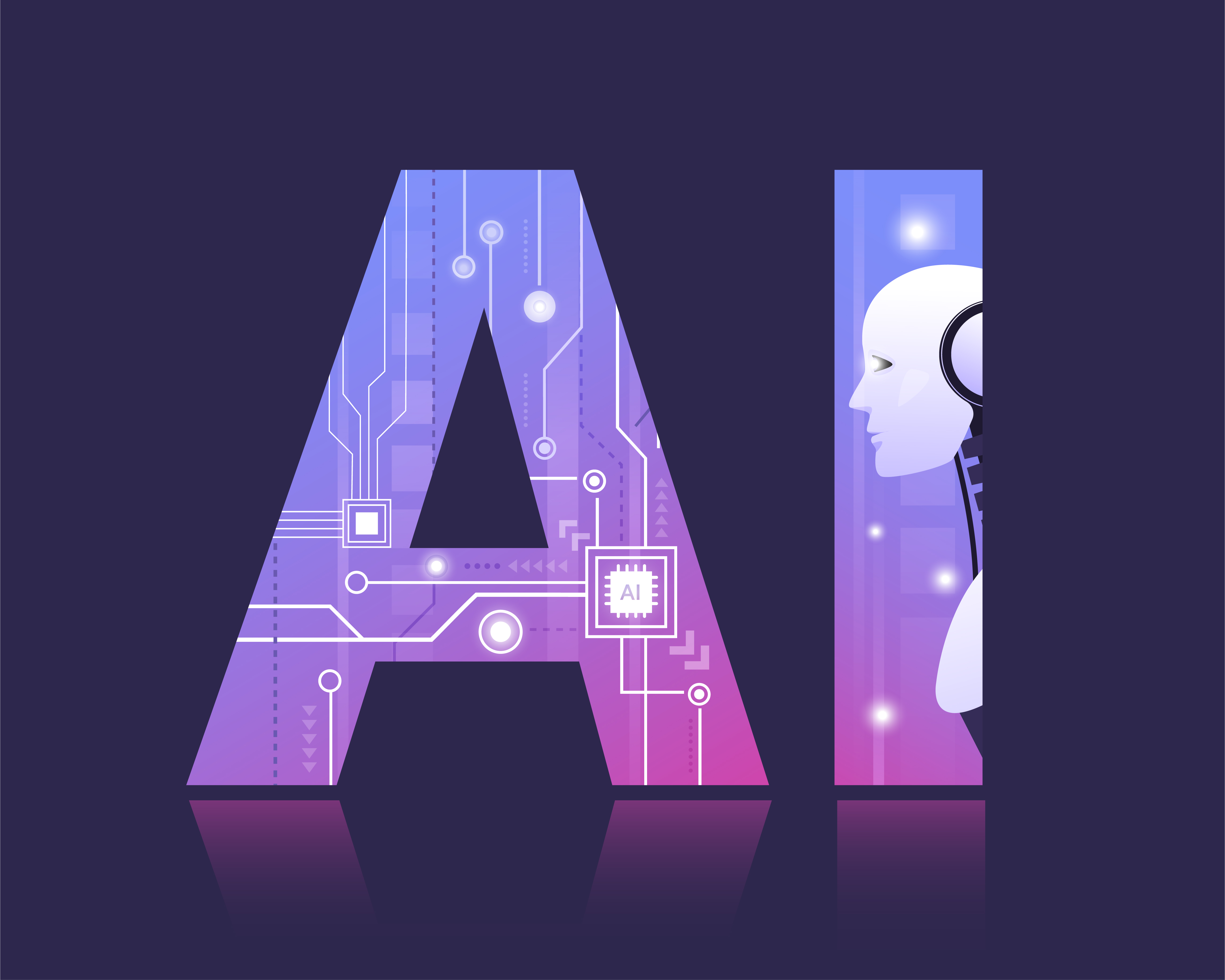The Competition Commission of India (CCI) has urged companies to self-audit their AI systems to prevent anti-competitive practices and ensure responsible autonomy.
A call came as part of the CCI’s market study on AI, emphasising the risks of opacity and algorithmic collusion while highlighting AI’s potential to enhance innovation and productivity.
The study warned that dominant firms could exploit their control over data, infrastructure, and proprietary models to reinforce market power, creating barriers to entry. It also noted that opaque AI systems in user sectors may lead to tacit algorithmic coordination in pricing and strategy, undermining fair competition.
The regulatory approach of India, the CCI said, aims to balance technological progress with accountability through a co-regulatory framework that promotes both competition and innovation.
Additionally, the Commission plans to strengthen its technical capacity, establish a digital markets think tank and host a conference on AI and regulatory challenges.
A report recommended a six-step self-audit framework for enterprises, requiring evaluation of AI systems against competition risks, senior management oversight and clear accountability in high-risk deployments.
It also highlighted AI’s pro-competitive effects, particularly for MSMEs, which benefit from improved efficiency and greater access to digital markets.
Would you like to learn more about AI, tech and digital diplomacy? If so, ask our Diplo chatbot!










